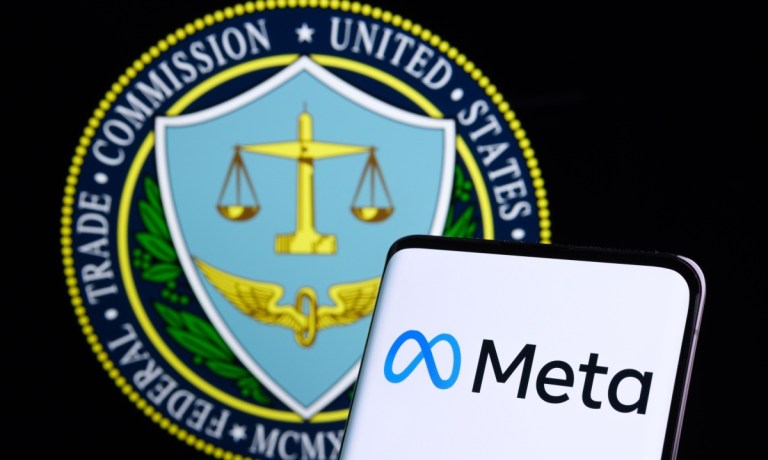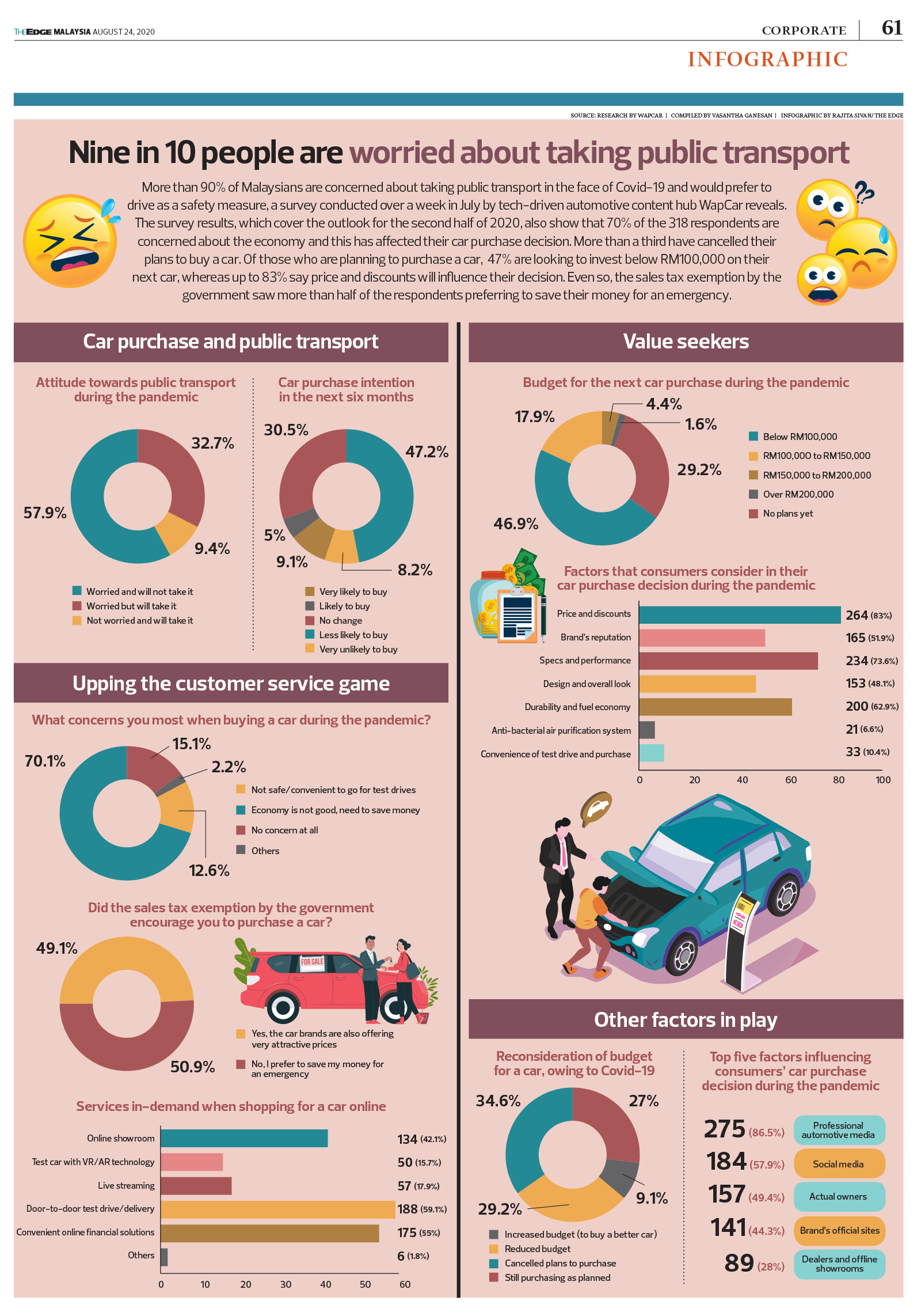Meta's Monopoly Trial: FTC Concludes Case, Defense Begins

Table of Contents
The FTC's Case Against Meta
The FTC's lawsuit against Meta centers around accusations of anti-competitive acquisitions, primarily focusing on Meta's purchases of Instagram and WhatsApp. The core argument hinges on the assertion that these acquisitions stifled competition, allowing Meta to solidify its market power and leverage its dominant position to the detriment of consumers and potential rivals.
-
Anti-competitive Acquisitions: The FTC argues that Meta acquired Instagram and WhatsApp not to foster innovation but to eliminate potential competitors that threatened Facebook's market share. They allege that Meta strategically neutralized these emerging threats, preventing them from achieving the scale needed to effectively challenge Facebook's dominance.
-
Market Power Abuse: The FTC's evidence includes internal Meta communications, allegedly revealing the company's strategy to acquire potential competitors before they could become serious threats. They also presented extensive market share data demonstrating Meta's overwhelming dominance in the social media landscape.
-
Potential Penalties: If found guilty of violating antitrust laws, Meta faces significant penalties, including potential forced divestiture of Instagram and WhatsApp, substantial fines, and structural changes to its business operations. These penalties could drastically reshape the competitive landscape of the digital market.
Meta's Defense Strategy
Meta's defense strategy aims to portray the acquisitions of Instagram and WhatsApp as pro-competitive mergers that ultimately benefited consumers through increased innovation and improved user experience. They will argue that these acquisitions accelerated product development and facilitated the integration of innovative features across their platforms.
-
Pro-competitive Mergers Argument: Meta's legal team will likely emphasize how the integration of Instagram and WhatsApp into the Meta ecosystem enhanced user experience, providing users with seamless connectivity and a broader range of features. They will argue that this integration fostered innovation rather than stifling it.
-
Consumer Benefits: A key component of Meta's defense will focus on highlighting the consumer benefits stemming from the acquisitions. This includes emphasizing the increased user base, wider feature sets, and improved user experience across all platforms.
-
Countering Market Dominance Claims: Meta will attempt to counter the FTC's assertions of market dominance by arguing that the social media landscape is dynamic and competitive, with various players vying for users' attention. They will likely highlight the emergence of new platforms and the ongoing evolution of the digital market.
The Role of Innovation in Meta's Defense
A significant part of Meta's defense rests on emphasizing its continuous innovation and the technological advancements achieved through its various platforms. Meta will likely argue that their acquisitions fueled innovation rather than hindering it, allowing them to enhance user experience and introduce new features more rapidly.
-
Meta Innovation & User Experience: Meta's defense will heavily focus on its continued investment in research and development, showcasing new technologies and features aimed at improving the user experience across its platforms.
-
Competitive Landscape: Meta will argue that the digital market is highly dynamic and competitive, constantly evolving with new technologies and emerging platforms. Their acquisition strategy, they will argue, was a response to this fast-paced and ever-changing environment.
-
Counterarguments to FTC Claims: A core element of Meta’s strategy will involve directly refuting the FTC's arguments on innovation within a monopolistic market. They will strive to demonstrate that their integration strategies resulted in greater innovation and benefit for users.
Implications for the Future of Tech Regulation
The Meta Monopoly Trial has far-reaching implications for the future of tech regulation and antitrust enforcement. The outcome will significantly influence how antitrust laws are applied to large technology companies and shape future policies regarding mergers and acquisitions in the digital market.
-
Antitrust Law and Tech Regulation: The trial sets a critical precedent for antitrust law in the digital age. The court's decision will impact the interpretation of existing regulations and potentially lead to new legislation aimed at addressing monopolistic practices in the tech sector.
-
Future Antitrust Cases: The outcome will undoubtedly influence future antitrust cases against large tech companies, shaping how regulators assess acquisitions and evaluate the impact of mergers on competition.
-
Digital Market Regulation: This trial could serve as a catalyst for broader changes in competition policy, leading to more robust regulations designed to protect against monopolistic practices and promote a more competitive digital market.
Conclusion
The Meta monopoly trial is a landmark case with profound implications for the future of tech regulation and competition in the digital market. The FTC’s case, built on allegations of anti-competitive acquisitions, is countered by Meta's defense, which emphasizes innovation and consumer benefits. The outcome will have far-reaching consequences, influencing how antitrust laws are applied to powerful digital platforms and shaping the competitive landscape for years to come. Stay informed about the developments in this crucial Meta Monopoly Trial and its impact on the tech world. Follow this space for continued updates on the Meta Monopoly Trial and its implications for the future of digital competition.

Featured Posts
-
 Ufc Vegas 106 Burns Vs Morales First Round Ko Decides New Title Challenger
May 19, 2025
Ufc Vegas 106 Burns Vs Morales First Round Ko Decides New Title Challenger
May 19, 2025 -
 Is Bare Beating Becoming A Public Transport Epidemic
May 19, 2025
Is Bare Beating Becoming A Public Transport Epidemic
May 19, 2025 -
 Haaland Tynnplate As Signerer Millionkontrakt Innen Forsvarsindustrien
May 19, 2025
Haaland Tynnplate As Signerer Millionkontrakt Innen Forsvarsindustrien
May 19, 2025 -
 Gazze Deki Balikcilik Engeller Zorluklar Ve Umut Isiklari
May 19, 2025
Gazze Deki Balikcilik Engeller Zorluklar Ve Umut Isiklari
May 19, 2025 -
 Luca Haennis Role In Eurovision 2025 What We Know
May 19, 2025
Luca Haennis Role In Eurovision 2025 What We Know
May 19, 2025
